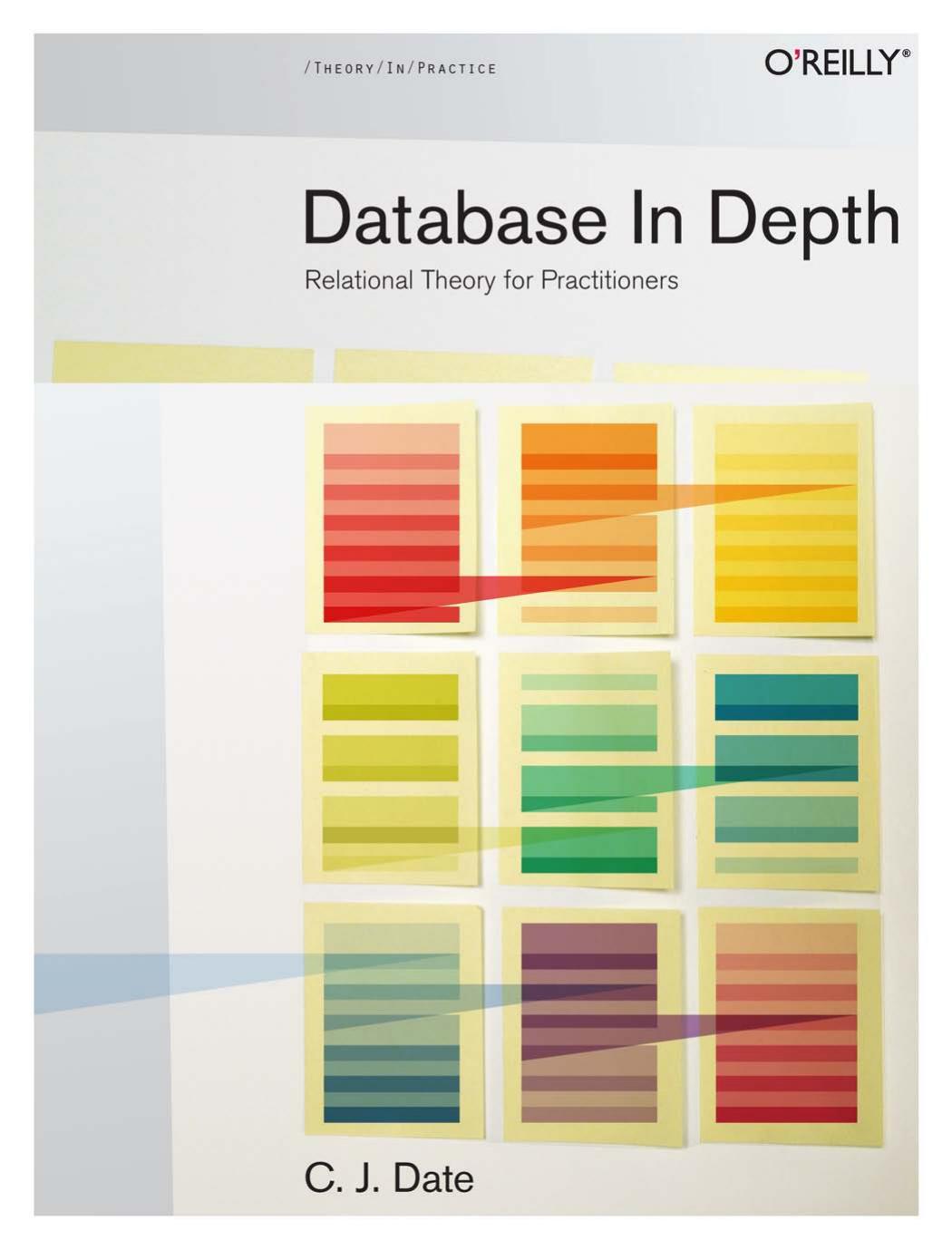

Most ebook files are in PDF format, so you can easily read them using various software such as Foxit Reader or directly on the Google Chrome browser.
Some ebook files are released by publishers in other formats such as .awz, .mobi, .epub, .fb2, etc. You may need to install specific software to read these formats on mobile/PC, such as Calibre.
Please read the tutorial at this link: https://ebookbell.com/faq
We offer FREE conversion to the popular formats you request; however, this may take some time. Therefore, right after payment, please email us, and we will try to provide the service as quickly as possible.
For some exceptional file formats or broken links (if any), please refrain from opening any disputes. Instead, email us first, and we will try to assist within a maximum of 6 hours.
EbookBell Team

4.3
88 reviewsThis book sheds light on the principles behind the relational model, which is fundamental to all database-backed applications--and, consequently, most of the work that goes on in the computing world today. Database in Depth: The Relational Model for Practitioners goes beyond the hype and gets to the heart of how relational databases actually work. Ideal for experienced database developers and designers, this concise guide gives you a clear view of the technology--a view that's not influenced by any vendor or product. Featuring an extensive set of exercises, it will help you: understand why and how the relational model is still directly relevant to modern database technology (and will remain so for the foreseeable future) see why and how the SQL standard is seriously deficient use the best current theoretical knowledge in the design of their databases and database applications make informed decisions in their daily database professional activitiesDatabase in Depth will appeal not only to database developers and designers, but also to a diverse field of professionals and academics, including database administrators (DBAs), information modelers, database consultants, and more. Virtually everyone who deals with relational databases should have at least a passing understanding of the fundamentals of working with relational models.
Author C.J. Date has been involved with the relational model from its earliest days. An exceptionally clear-thinking writer, Date lays out principle and theory in a manner that is easily understood. Few others can speak as authoritatively the topic of relational databases as Date can.